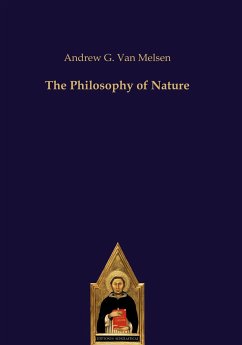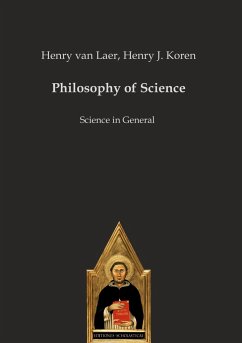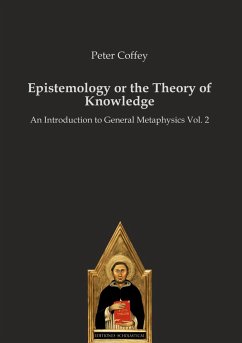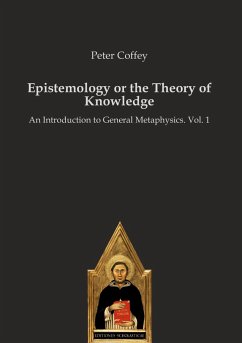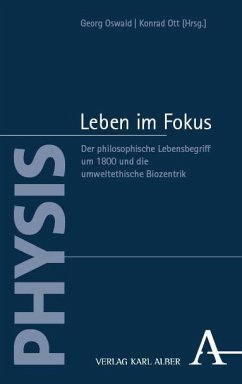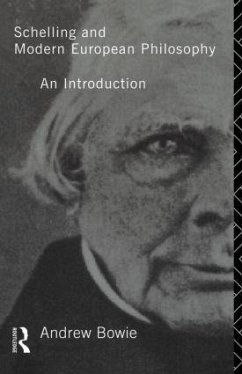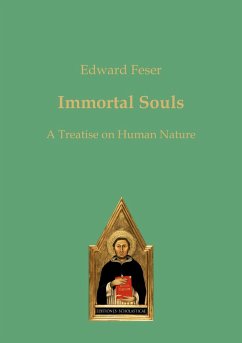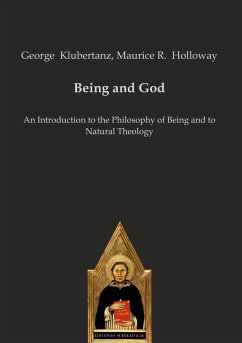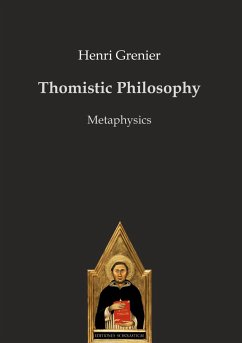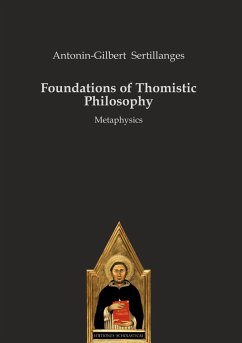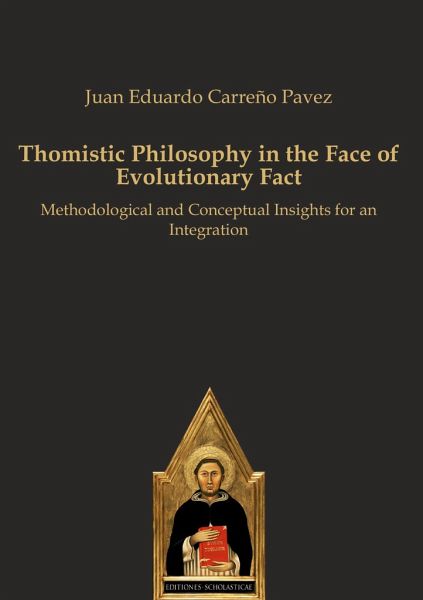
Thomistic Philosophy in the Face of Evolutionary Fact
Methodological and Conceptual Insights for an Integration
Versandkostenfrei!
Versandfertig in 1-2 Wochen
119,00 €
inkl. MwSt.

PAYBACK Punkte
0 °P sammeln!
The purpose of this book is to integrate the fact of biological evolution (which, as such, should not be confused with the evolutionary theories and ideologies supposedly based on that fact) with the principles and contents of Thomistic philosophy. After identifying the main difficulties involved in this endeavor-and how they have been addressed by other authors within the Thomistic tradition-we present our own thesis. We begin by arguing that the diversity of species and varieties of corporeal living beings is consistent with Aquinas' thought. Next, we distinguish between two forms of evoluti...
The purpose of this book is to integrate the fact of biological evolution (which, as such, should not be confused with the evolutionary theories and ideologies supposedly based on that fact) with the principles and contents of Thomistic philosophy. After identifying the main difficulties involved in this endeavor-and how they have been addressed by other authors within the Thomistic tradition-we present our own thesis. We begin by arguing that the diversity of species and varieties of corporeal living beings is consistent with Aquinas' thought. Next, we distinguish between two forms of evolution, namely, intraspecific and transspecific; following the central tenets of Aquinas' philosophy, the ontological significance and causalities involved in both types of evolution are analyzed. We complete this exposition by offering a general overview of evolutionary history in light of the criteria presented, with emphasis on anthropogenesis. Juan Eduardo Carreño Pavez (1976) holds a PhD inMedical Sciences and a PhD in Philosophy. After completing a postdoc at the Center for Medieval Philosophy, Georgetown University, he returned to the University of los Andes, Chile, where he has a position as Associate Professor. His research has focused on Thomas Aquinas' thought, mediaeval philosophy, and the dialogue between theology, philosophy and science. He is the author of several articles and monographs, including Vivere viventibus est esse: la vida como perfección del ser en la obra de Tomás de Aquino (Eunsa, 2020), and Una reconsideración del estatus de la mente animal y humana (Ril Editores, 2024).





